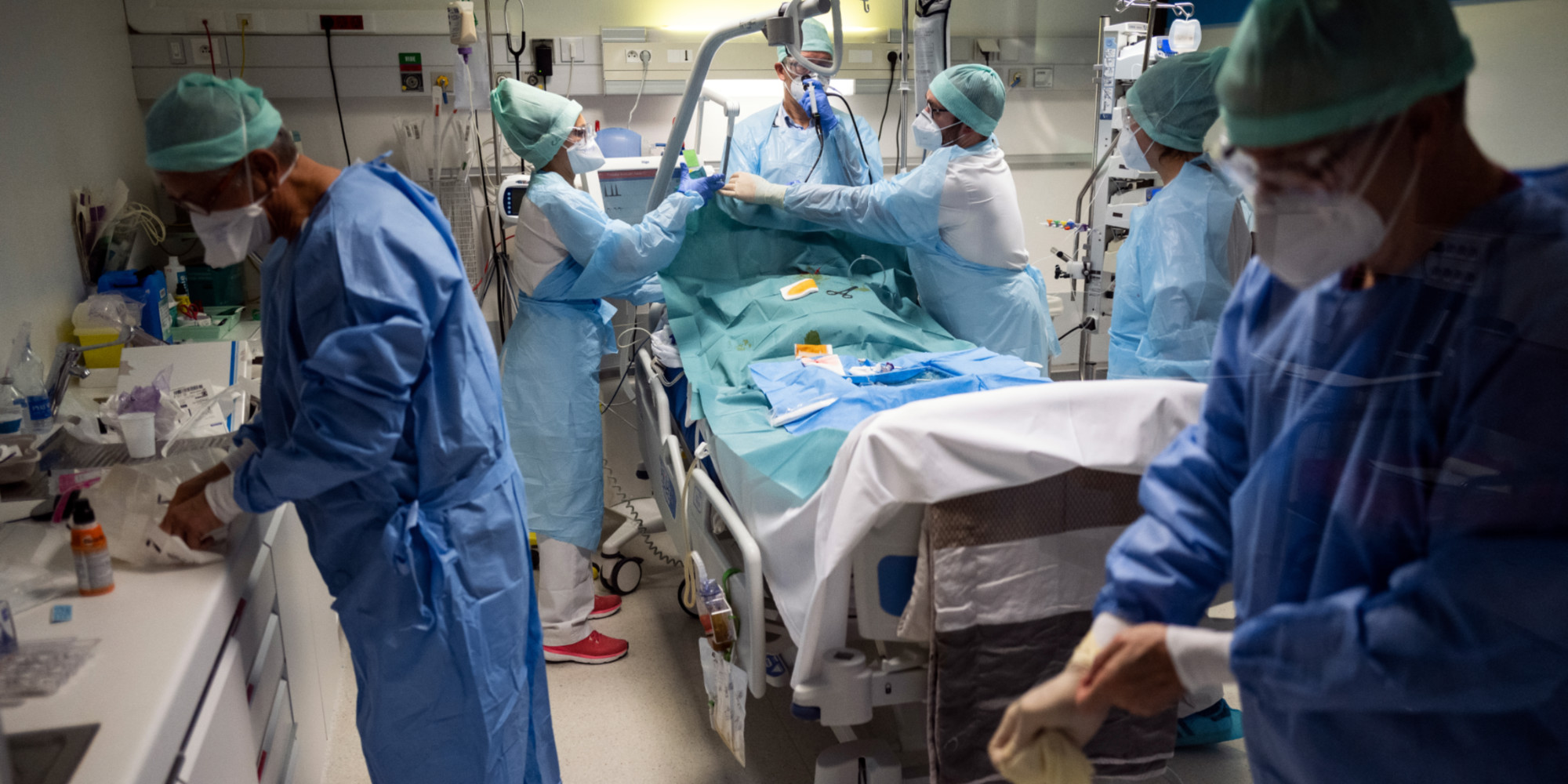Prime Minister Jean Castex on Saturday praised the work of private health establishments that help the public hospital to fight against the coronavirus epidemic, especially in Île-de-France.
Europe 1 went to see the functioning of one of these establishments, the Ambroise-Paré clinic near Paris.
Faced with an epidemic situation that is deteriorating in Île-de-France, the authorities are looking for solutions to try to avoid confinement.
Next week, around a hundred Covid-19 patients will be transferred from Ile-de-France to the West and the South-West.
Already two transfers took place by air this Sunday.
But they will not be enough and to relieve public hospitals on the verge of asphyxiation, the health authorities now rely on private health establishments, as found by Europe 1 at the Ambroise-Paré clinic, in Neuilly-sur-Seine. in the Paris region.
However, they had been little used during the first wave, last spring.
>> LIVE - Coronavirus: follow the evolution of the situation on Sunday March 14
Three quarters of intensive care patients come from public hospitals
"People who arrive in intensive care, we accept them, either directly from the Samu, or from an emergency service, or from another intensive care unit", explains at the microphone of Europe 1 Philippe Estagnasié, cardiologist-resuscitator.
An essential work that Prime Minister Jean Castex praised on Saturday, during a field visit.
Here at the clinic, three quarters of intensive care patients come from public hospitals.
And to cope with the influx of patients, a second intensive care unit entirely dedicated to Covid-19 has been opened.
In total, an additional capacity of 18 beds, almost all ready.
>> Find Europe evening weekend in podcast and in replay here
"We have a little the impression that we are starting to experience the first wave again, with a permanent influx of patients. We try to cope knowing that, unlike the first time, we are still trying to 'operate on patients [suffering] from other pathologies,' comments the cardiologist.
To manage the arrival of patients, meetings are daily with the regional health agency in the clinic.
But to open new beds, the establishment had to deprogram 40% of these operations, according to director Dominique Boulangé.
CORONAVIRUS ESSENTIALS
> Covid-19: is there really a risk of contamination outside?
> Coronavirus: why can a PCR test be positive one month after infection?
> Are private parties really prohibited with the curfew?
> The English variant would cause slightly different symptoms
> Audio, webcams ... When technology adapts to teleworking
"To make 12 additional resuscitation beds, these are personnel that we took either in the operating theaters or in the recovery room. Suddenly, we had to deprogram a certain number of patients that we could deprogram," says she does.
All this for, she says, "never to have to decide between patients."
Dominique Boulangé thinks that it will take another month to see the situation improve and, above all, a massive vaccination of the population to finally get out of this crisis.

